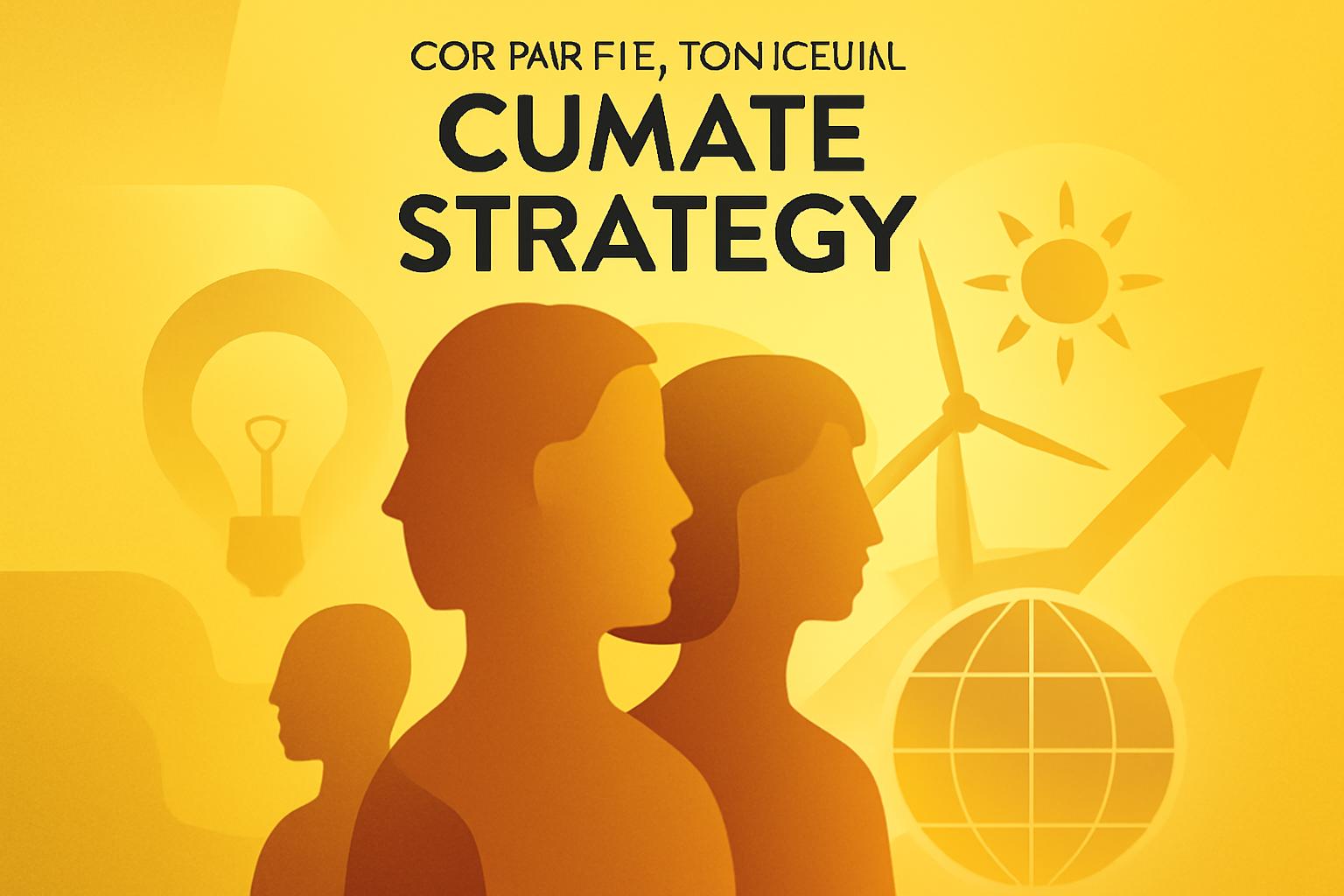Bill Gates Calls for a Strategic Shift in Climate Policy
Microsoft co-founder Bill Gates has called for a fundamental rethink of global climate strategies ahead of the COP30 U.N. climate summit in Brazil. In a letter published Tuesday, Gates argued that while climate change remains critical, the global focus on emissions reduction must be balanced with investments that directly improve human welfare.
“Climate is super important but has to be considered in terms of overall human welfare,” Gates told CNBC’s Andrew Ross Sorkin in an exclusive interview. He acknowledged that his position is not universally accepted but is, in his view, the intellectually correct approach.
Rethinking Climate Priorities: From Emissions to Human Welfare
Gates criticized the prevalent “doomsday view” of climate change and called on leaders to make a “strategic pivot” toward addressing issues that have the greatest impact on human well-being, such as poverty alleviation and disease control.
“It’s the best way to ensure that everyone gets a chance to live a healthy and productive life no matter where they’re born, and no matter what kind of climate they’re born into,” Gates wrote.
Context of Climate Agreements and U.S. Policy
The COP30 summit marks nearly a decade since the Paris Agreement was adopted with the goal of limiting global temperature rise to 1.5 degrees Celsius above preindustrial levels. Gates described this target as unrealistic given current global trends.
The U.S. has had a fluctuating relationship with the agreement, joining under President Barack Obama, withdrawing during President Donald Trump’s terms, and rejoining under President Joe Biden.
Gates expressed disappointment over the U.S. pullbacks but praised companies such as Microsoft for continuing to invest in alternative energy technologies that could reduce costs and drive innovation.
Tech Industry Faces Climate and Energy Challenges
Major technology companies, including Meta, Alphabet, and Microsoft, have set ambitious 2030 targets to achieve net-zero emissions or become carbon negative. However, the rapid expansion of artificial intelligence and data center demands is complicating these efforts.
Microsoft’s sustainability chief Melanie Nakagawa acknowledged that the company’s climate goals have become more challenging to reach as AI growth intensifies energy consumption. Nonetheless, she emphasized AI’s potential to accelerate progress toward sustainability in the long term.
“The force creating this distance from our goals in the short term is the same one that will help us build a bigger, faster, and more powerful rocket to reach them in the long term: artificial intelligence (AI),” Nakagawa wrote.
Gates also commented on the AI investment landscape, noting that while many projects may fail, tech companies cannot afford to opt out of the competitive race.
“If you want to be a tech company you don’t get to say no let’s check out of this race,” Gates said.
FinOracleAI — Market View
Bill Gates’ recalibration of climate strategy underlines a growing recognition that climate policies must be integrated with broader socioeconomic objectives. This approach may influence future climate negotiations and investment priorities.
- Opportunities: Increased funding for health and poverty reduction can complement climate action and foster sustainable development.
- Risks: Shifting focus away from strict emissions targets may slow progress on climate mitigation and lead to fragmented global efforts.
- Innovation in alternative energy and AI-driven solutions remains critical to balancing environmental goals with economic growth.
- Tech sector’s energy consumption challenges require sustainable infrastructure investments to avoid undermining net-zero commitments.
Impact: Gates’ call for a strategic pivot introduces a pragmatic dimension to climate discourse, potentially influencing policy frameworks and corporate strategies ahead of COP30. Market participants should monitor how this shift affects funding and regulatory priorities in climate-related sectors.













